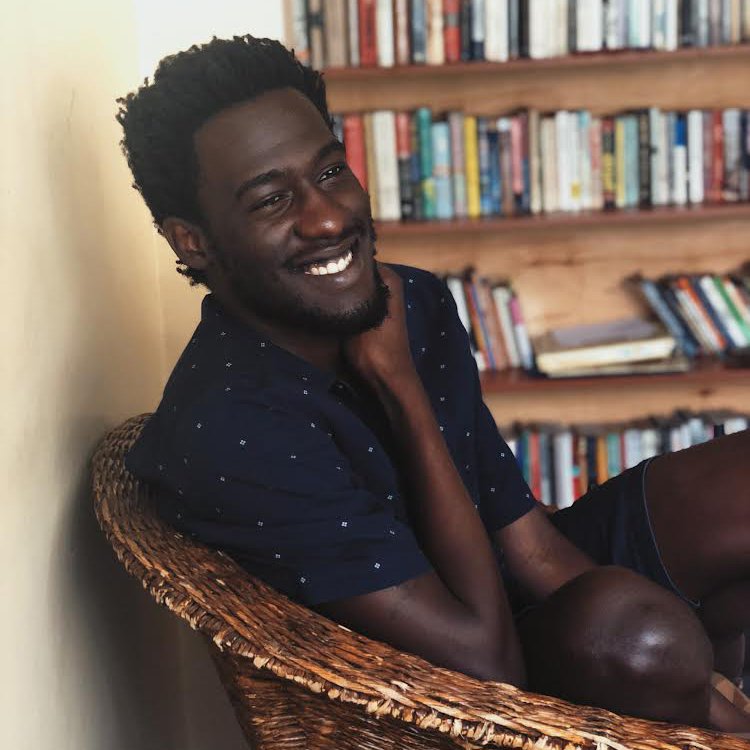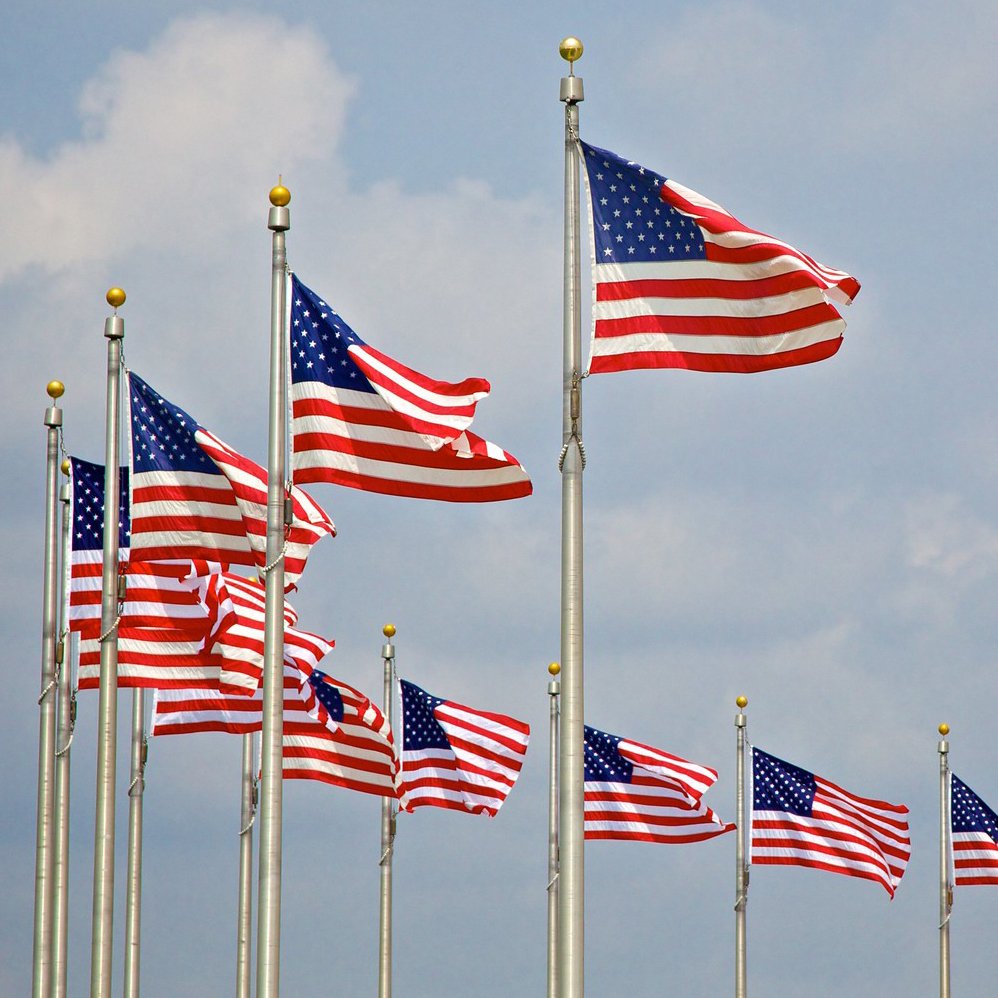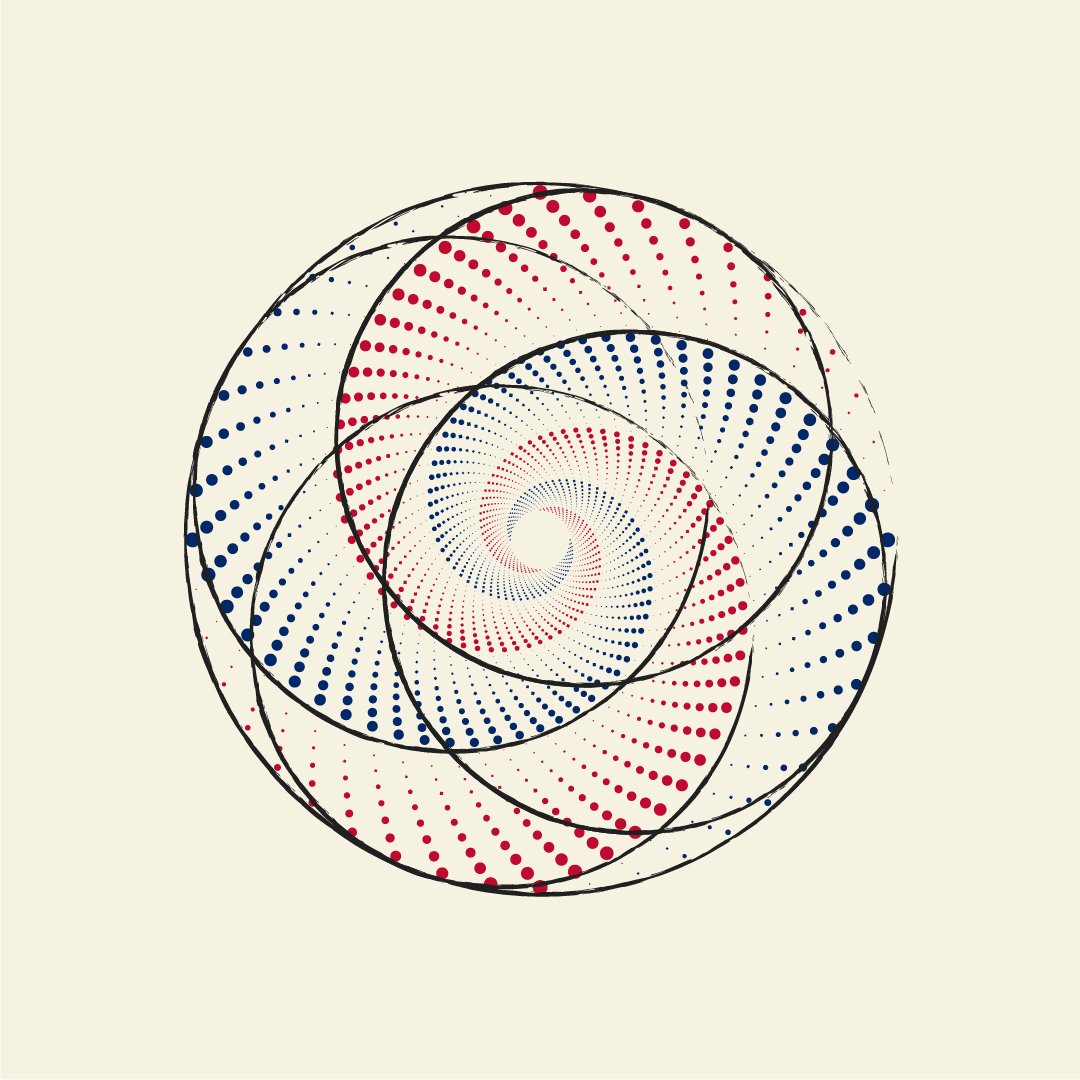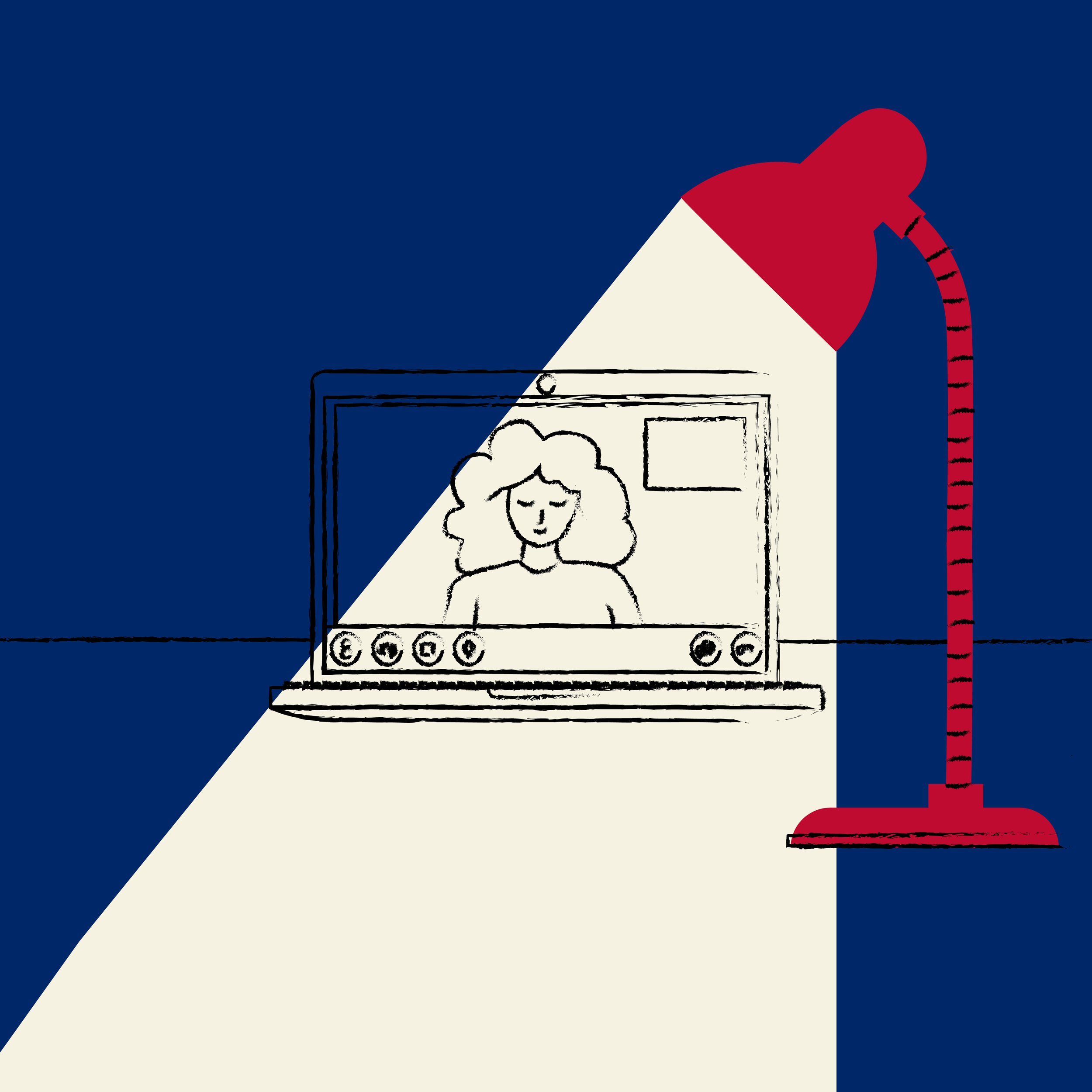Performing for America
OCTOBER 15, 2024
The Reporter’s Notebook is our monthly interview series with Dial contributors. To receive these conversations directly in your inbox, sign up for our newsletter.
✺
A conversation with Carey Baraka, whose short story “The Sound of the Waves” was published in our America issue.
In “The Sound of the Waves,” new original fiction by Carey Baraka, a young Kenyan writer is invited to the U.S. to participate in a fellowship that is “a vestige of Cold War propaganda battles.” Along with 14 other writers, each of a different nationality, he spends a semester at an unnamed university in the Midwest, where he is expected to learn to “understand the country, and to fall in love with it.” Dial intern Devin Caliboso spoke to Baraka about nationalism, writing about writers and the coexistence of tragedy and ordinary life.
THE DIAL: You obscure a lot of personal details in “The Sound of the Waves”: We don’t find out the narrator is Kenyan until midway through the story, and we don't find out his name until near the end. The narrator usually identifies the other members of the program by nationality and occupation, rather than naming them. Why did you write the story in this way?
CAREY BARAKA: Like the narrator, I went to Iowa to do this thing that was ostensibly a writing fellowship, but it wasn’t really a writing fellowship: It was a place for America to win Cold War battles by inviting foreign writers to fall in love with America. And so, in the story, the writers in this program aren’t in the U.S. as individuals — each one has been invited as a representative of a country. In this sense, nobody would care that Dusman [the narrator] is called Dusman. And he can say things like, “Oh, I have a pet rhino.” And he can tell people he’s from the land where Obama's real birth certificate is.
THE DIAL: When the narrator reflects on his time on the fellowship, he says, "It felt as if the university having collected us, we were now on display, exotic specimen there to perform. And so we performed." Can you talk more about what it is that makes the visiting writers comply with this demand to perform?
CB: The moment someone agrees to be part of a program like this, they’re already accepting everything that comes with it. Nobody goes to such a program from a position of ignorance — we all know that it's part of Cold War machinations.
The only person who would not have performed would never have taken part in one of these programs in the first place. And if you really don't want to fit the Iowa writing model, you're not going to go to Iowa. But the moment you go there, you're saying yes to all the performance that comes with it.
THE DIAL: The two main characters in the story, the narrator and his friend Michelle, feel that in comparison to the other writers in the program, they have very uneventful pasts. What made you focus on such characters?
CB: I think it's easier, at least for me, to write about heavier sociopolitical concerns from a remove. So the fact that the two main characters are from fairly nondescript countries means that the reader doesn't really have any preconceptions about them. If the narrator had been from Syria, like the character of Abbas — just from being from Syria means that all these things are attached to how the reader experiences them, and I wanted the main characters to be free of that.
THE DIAL: The story’s title, “The Sound of the Waves,” is taken from a poem the Syrian writer reads aloud, which contains the line: “Even in the blood, there was always the sound of the waves.” How did you want the reader to interpret this line and why did you choose it for the title?
CB: I'm always intrigued by how people who are suffering from trauma get reduced to the tragedy they're going through. And I wonder what it means that creative expression gets boiled down to talking about that tragedy. A friend of mine, who is from a place where there’s a lot of war, would always talk about how he misses the beach, and how the ocean is beautiful, and how he loves the sound of the birds when he walks along the beach.
It’s the same with this character. War is happening, but also you have other desires. There's beauty, there's the ocean, there's sex. You're thinking about all the things, even when the great tragedies are happening around you.
THE DIAL: Flags are repeating motif in the story – they’re the narrator's main memory of being in the U.S. Can you tell me about why flags have such a central role in the story?
CB: Flags are fun for me because Americans really, really care about performative nationalism. Before every basketball game and football game, there's going to be someone singing the anthem, and people have flags. When I was in the U.S., it was all very intriguing, the fact that there are people with flags on their porches, flags in their cars, flags everywhere. Not just American flags, but also all the flags based on your political beliefs, which is so weird to me: LGBTQ flags, Black Lives Matter flags, All Lives Matter flags, confederate flags. I personally have never owned a flag. Wait, I've owned one flag once. But I come from a country where most people have never ever owned a flag.
I went into a wormhole of flag research and I found out that there are more flags sold in America every year than there are American citizens. And I was like, if I lived in America, I would have a flag business. I would be selling flags to everybody.
THE DIAL: What are you working on at the moment?
CB: I’m writing a novel about Ernest Hemingway, particularly the plane crash in Uganda in 1954 that almost killed him. I got very curious about the afterlives of the Ugandans around the scene of the crash, and what their stories are. Hopefully that works out because doing long projects is obviously much more difficult than doing shorter stories and essays.
THE DIAL: Do you plan to write more about your experiences as a Kenyan writer visiting the U.S.?
CB: No. Writing about myself is really hard because the fact that I've lived an experience means that I don't really think it’s very interesting. “The Sound of the Waves” is a story about writers, and it's a bit navel-gazing to write stories about the literary world. But it's the kind of writing I enjoy the most. A few weeks ago I read Percival Everett's Erasure, which is the funniest book I've read in a while. It’s about a writer thinking about the literary world, and what sort of writing he wants to produce. And then a week ago I read Mohamed Mbougar Sarr's The Most Secret Memory of Man which is about several African writers navigating the Parisian publishing scene. Reading those two books, and I guess also writing this story, is just reminding me of how much, again in a very navel-gazing way, I enjoy the entire world of writers and writing. I don’t write about writers often, but reading about writers is the most fun reading experience I have.
CAREY BARAKA is a writer based in Nairobi, Kenya. His fiction has appeared in The Common, Slice Magazine, and Gay Magazine, and he has received fellowships from Macdowell and the University of Iowa’s International Writing Program.
DEVIN CALIBOSO is an aspiring Filipino-American writer. He grew up in Southern California, but is now an English-major undergraduate at UC Berkeley. Go Bears! .




